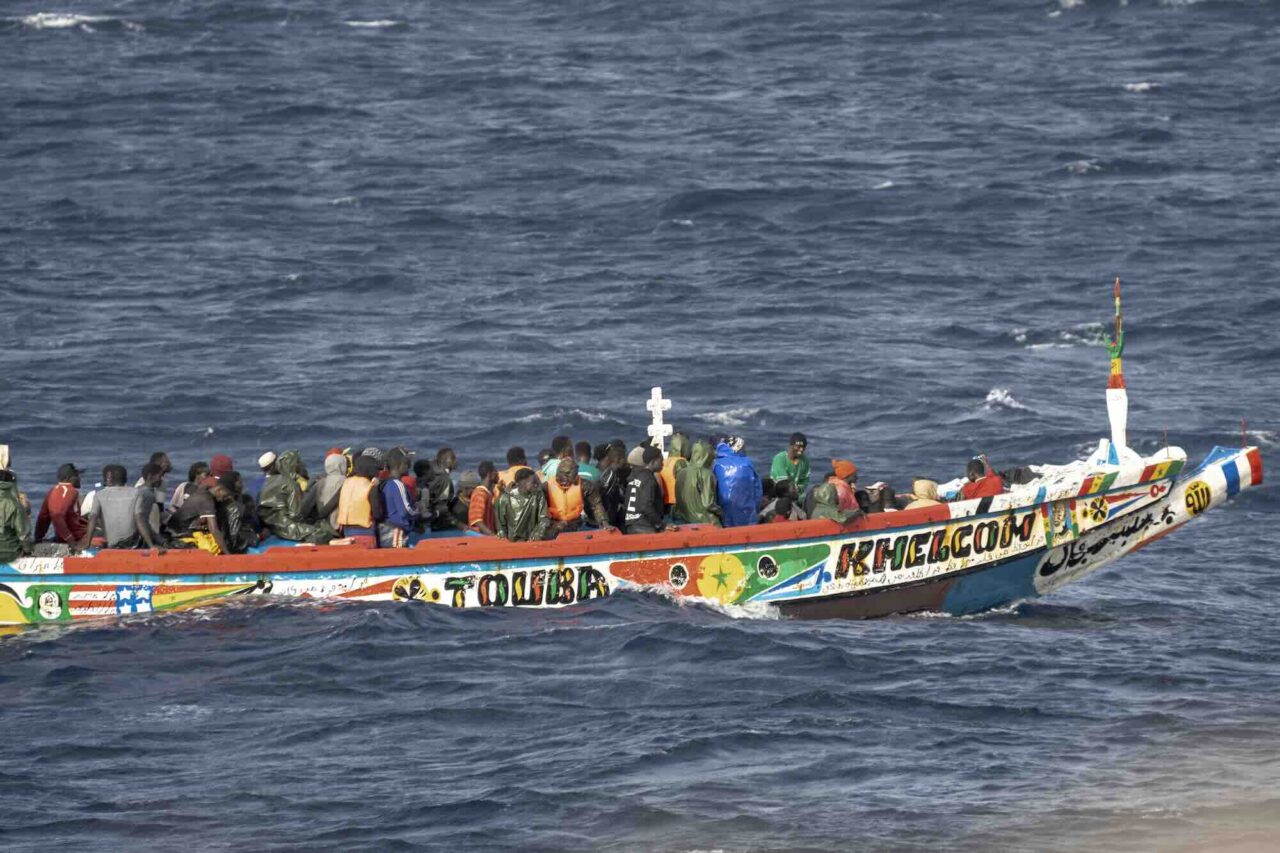
More and more migrants are taking the so-called Atlantic route to the Spanish Canary Islands. Last year, a record 46 843 migrants arrived on the archipelago, according to official figures.
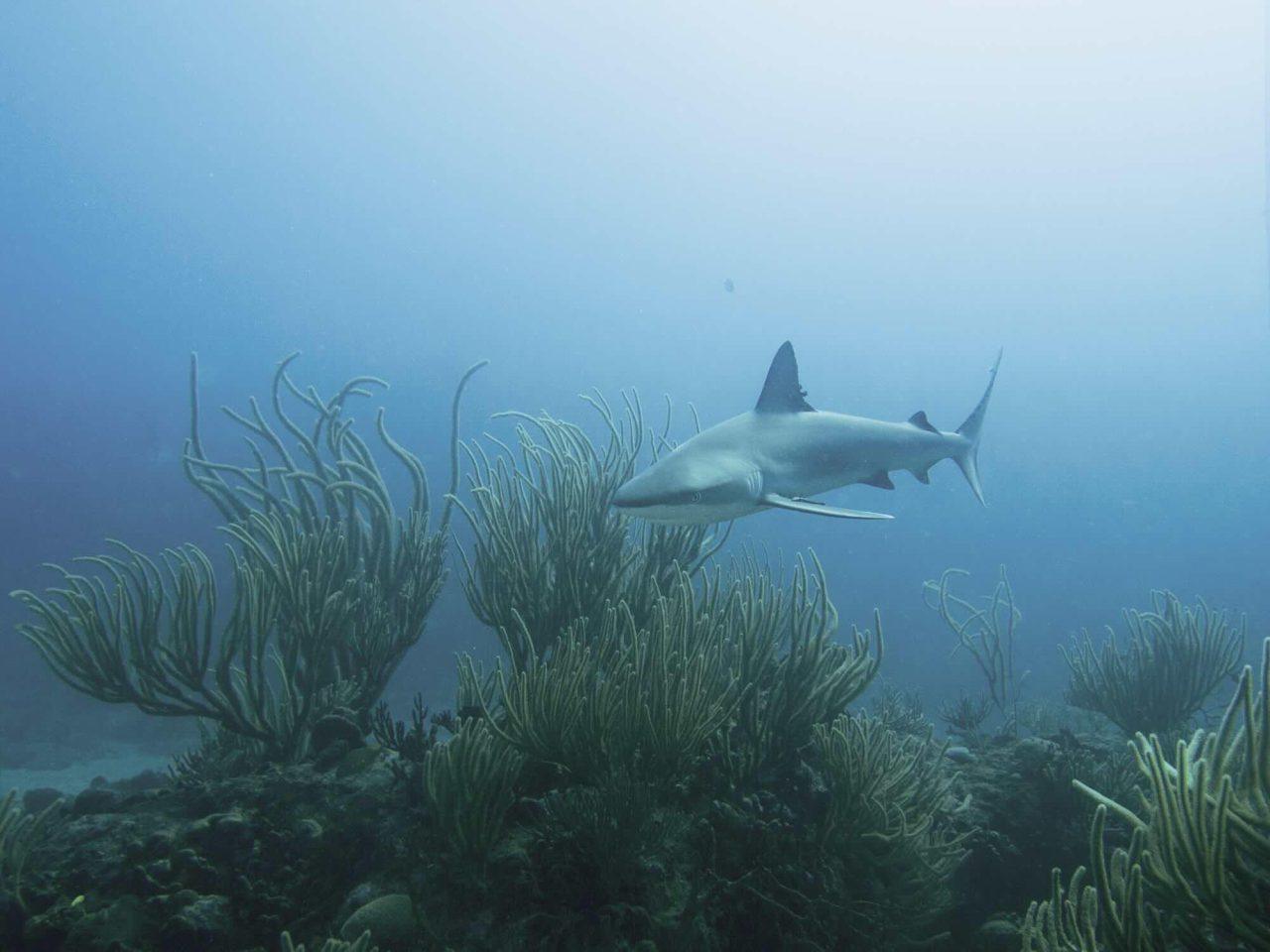
IUCN (International Union for Conservation of Nature) slår i en ny rapport fast att om vi vill rädda hajar, rockor och havsmöss i vårt hav, måste vi få bukt med överfisket och bifångsterna.
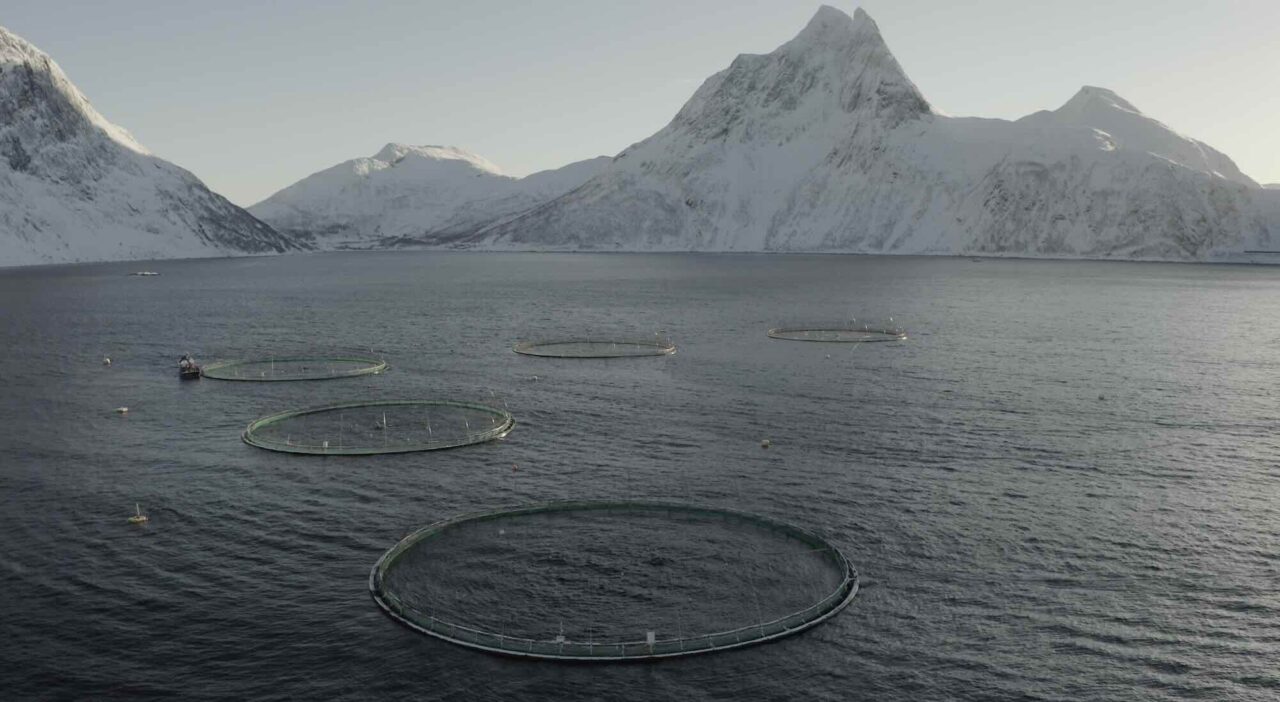
Fish farming is often portrayed as a sustainable solution to feed a growing population and protect wild fish stocks - but this is not true.
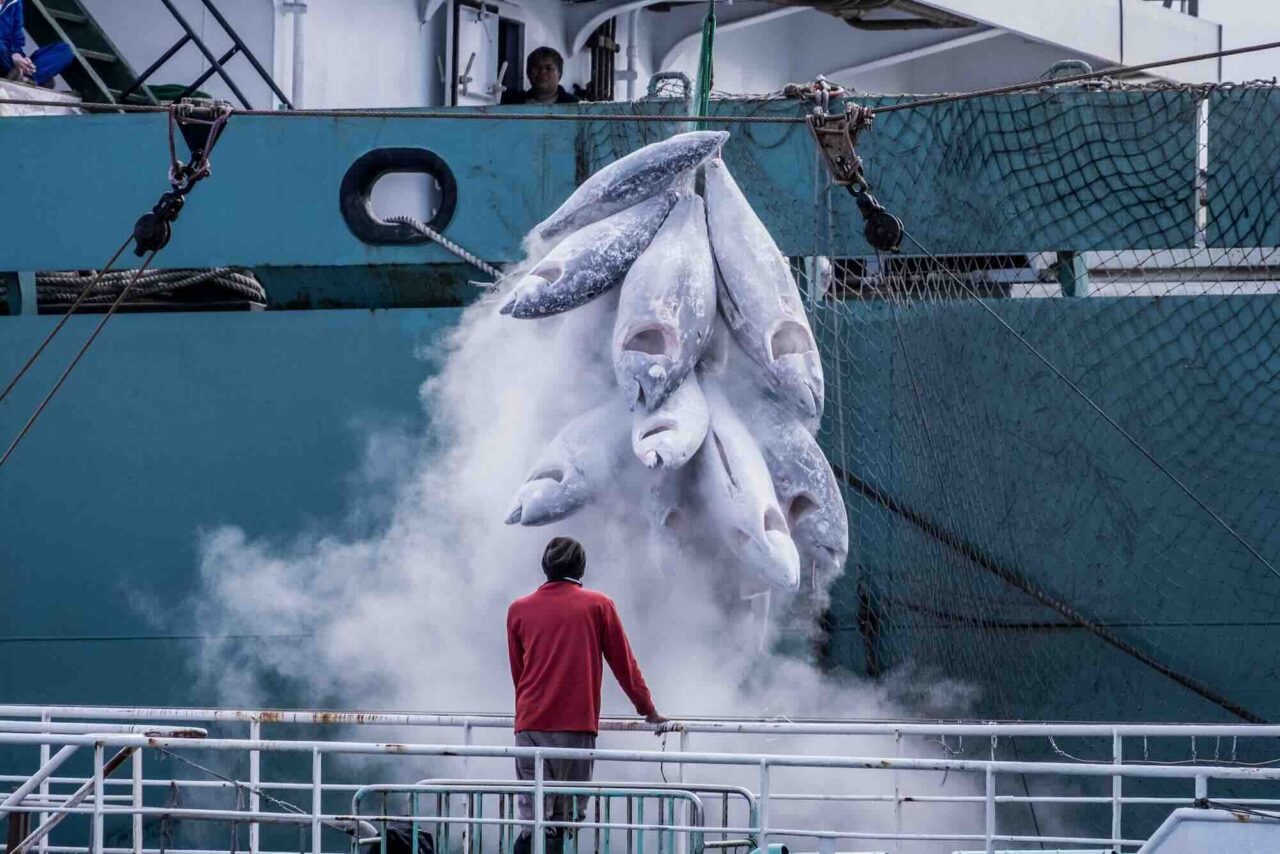
They are described as ‘fish taxis’, refrigerated vessels that act as mobile harbours for fishing boats. They allow fishing boats to stay out at sea for extremely long periods, and allow shady operators to ‘launder’ their catch. Researchers have now identified who actually owns these vessels.
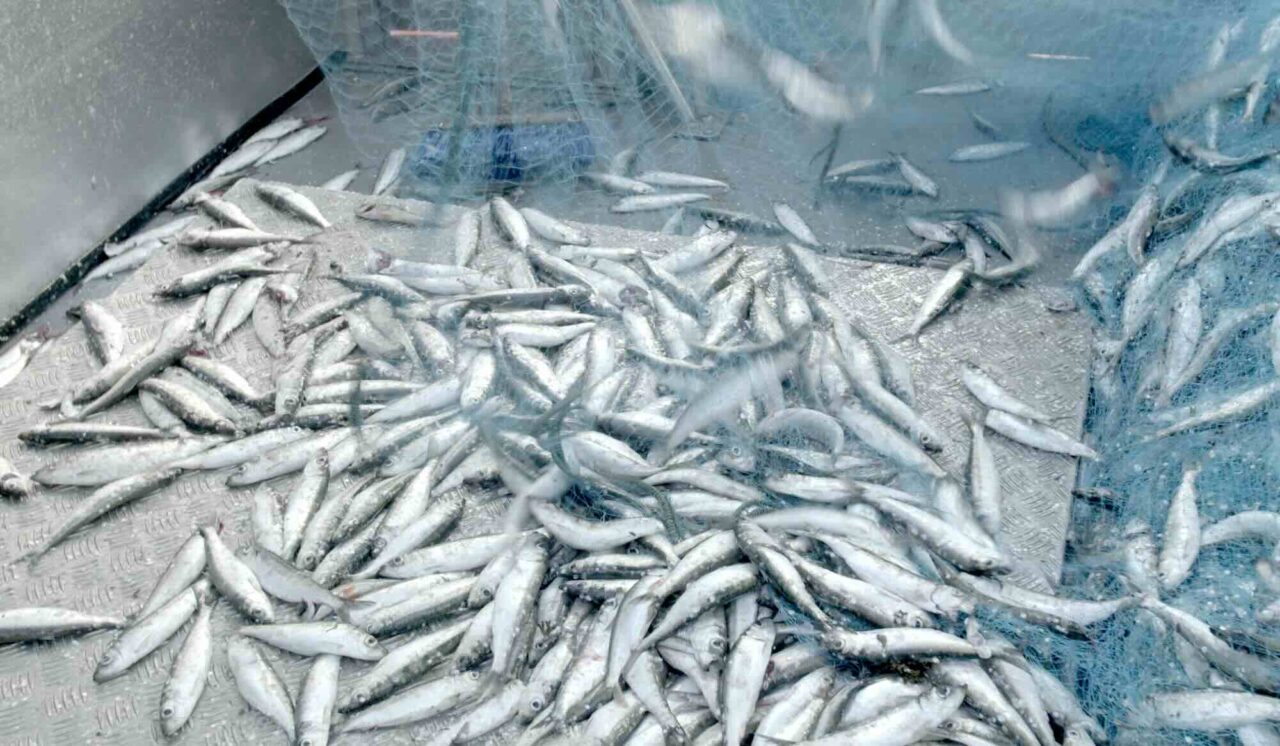
The Norwegian Directorate of Fisheries and Coast Guard recently carried out a number of inspections on Norwegian herring trawlers in the south-eastern North Sea, and the results are alarming.
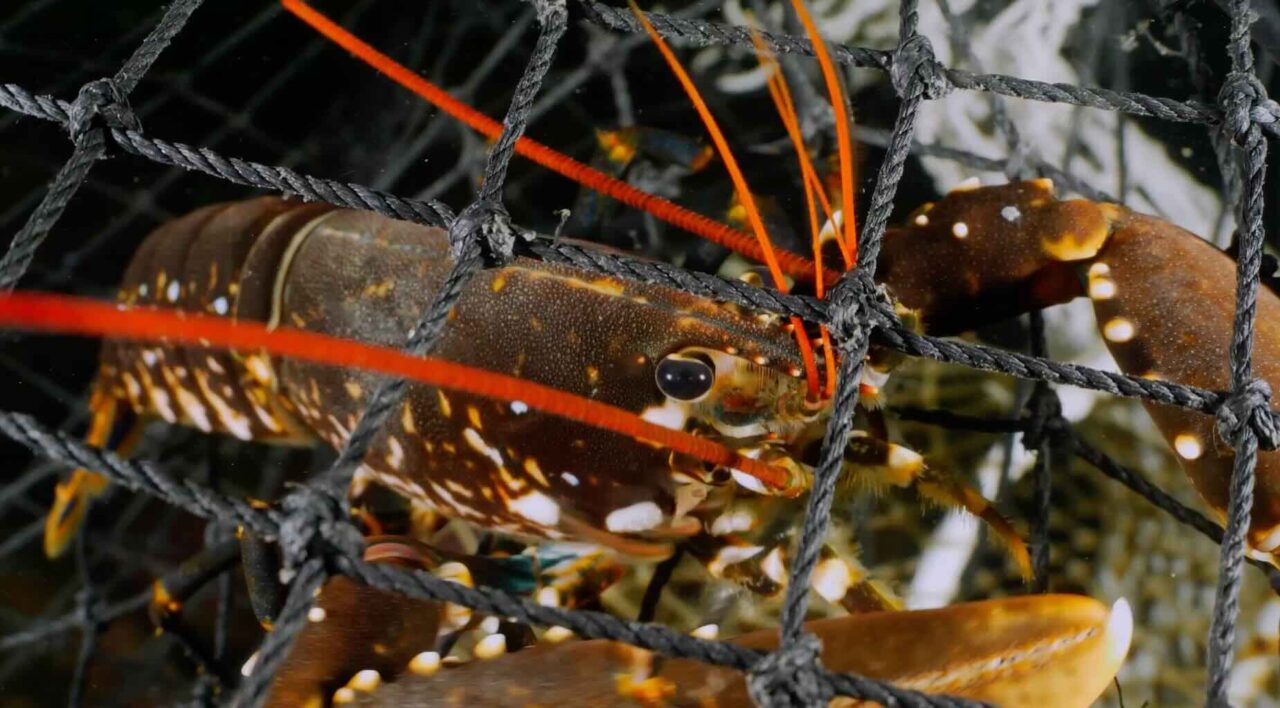
At 7 o'clock in the morning on the first Monday after 20 September, it's lobster premiere in Sweden - every year. A festive moment for many people on the Swedish West coast. Hotels and restaurants set up special lobster buffets and lobster supés.
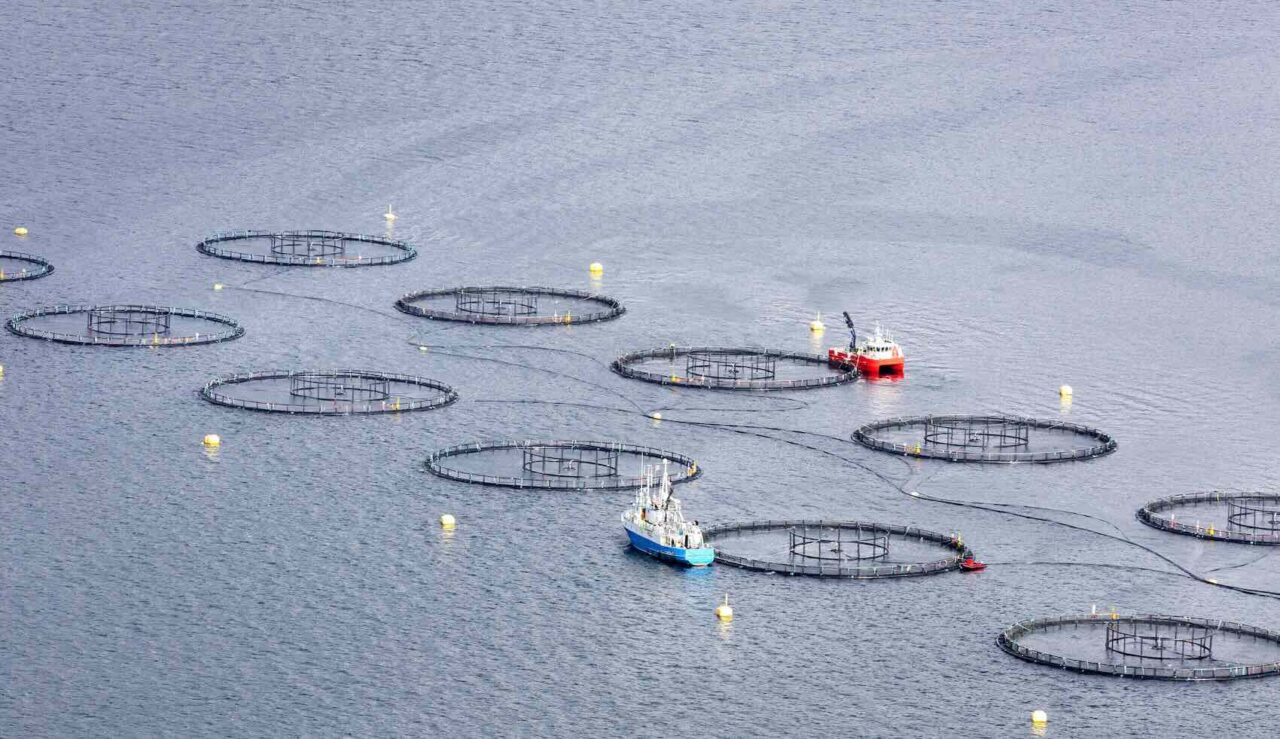
Seafood exports from Norway plummeted by a record amount, down by more than NOK 2 billion to NOK 12.1 billion in June, according to monthly figures from the Norwegian Seafood Council. Problems with salmon farms are behind the setback.
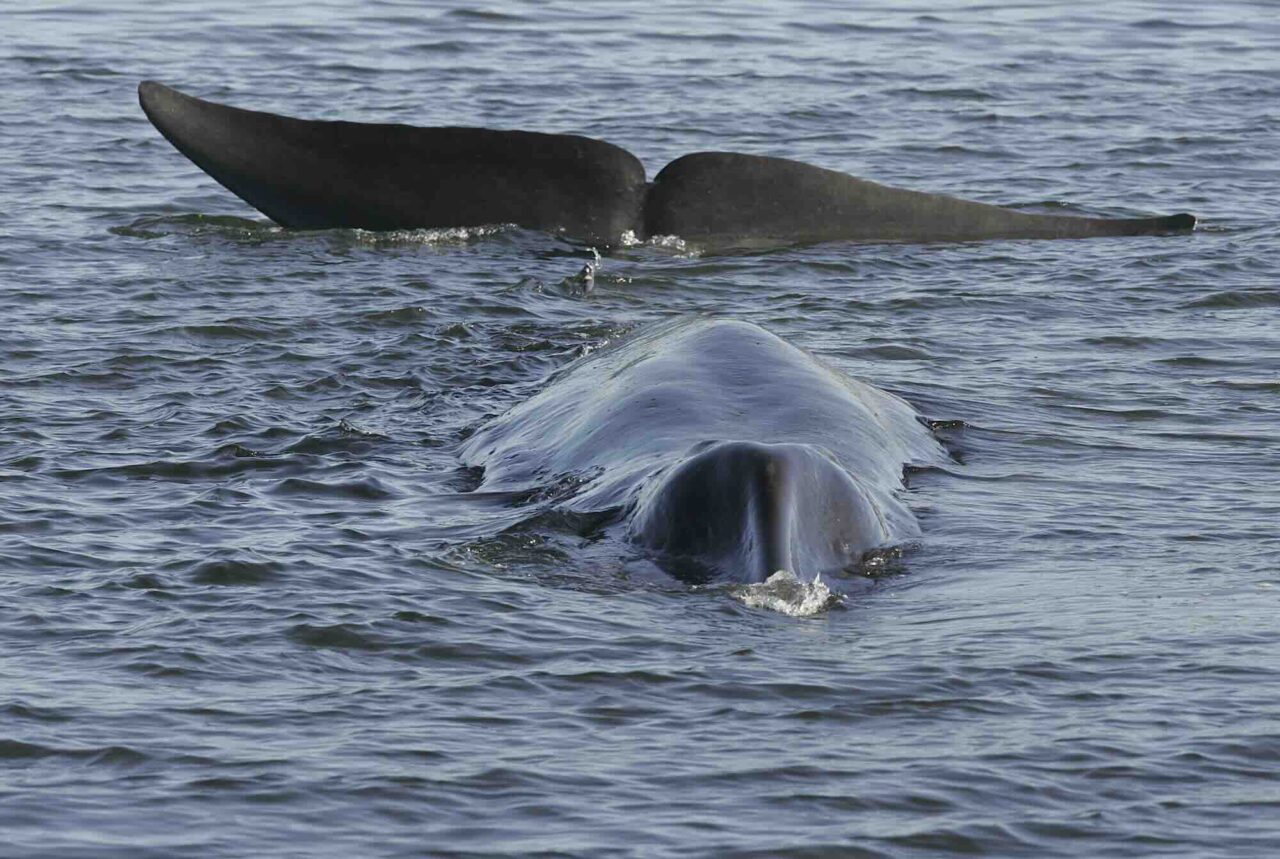
The Icelandic government gives the go-ahead for whaling this year.
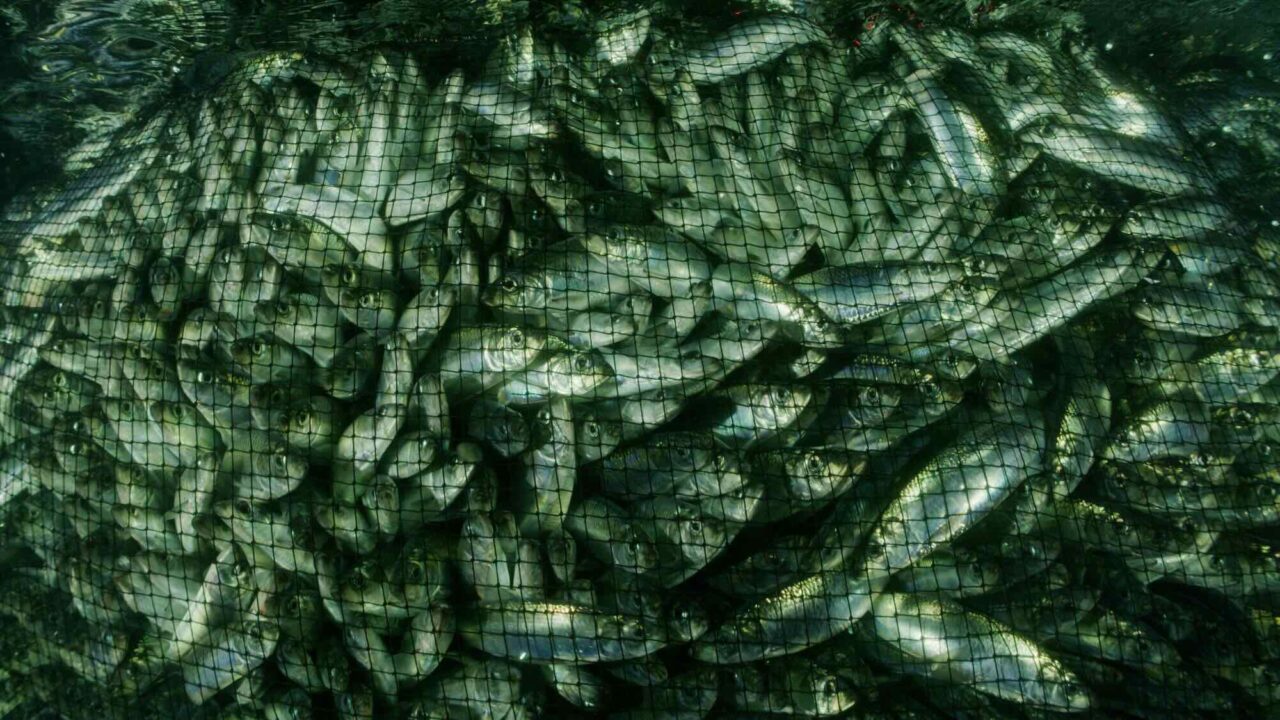
Fishing for herring and sprat in the central Baltic Sea can increase by 139 percent, according to ICES, the International Council for the Exploration of the Sea, which today published its recommendations to the EU for fishing in 2025.
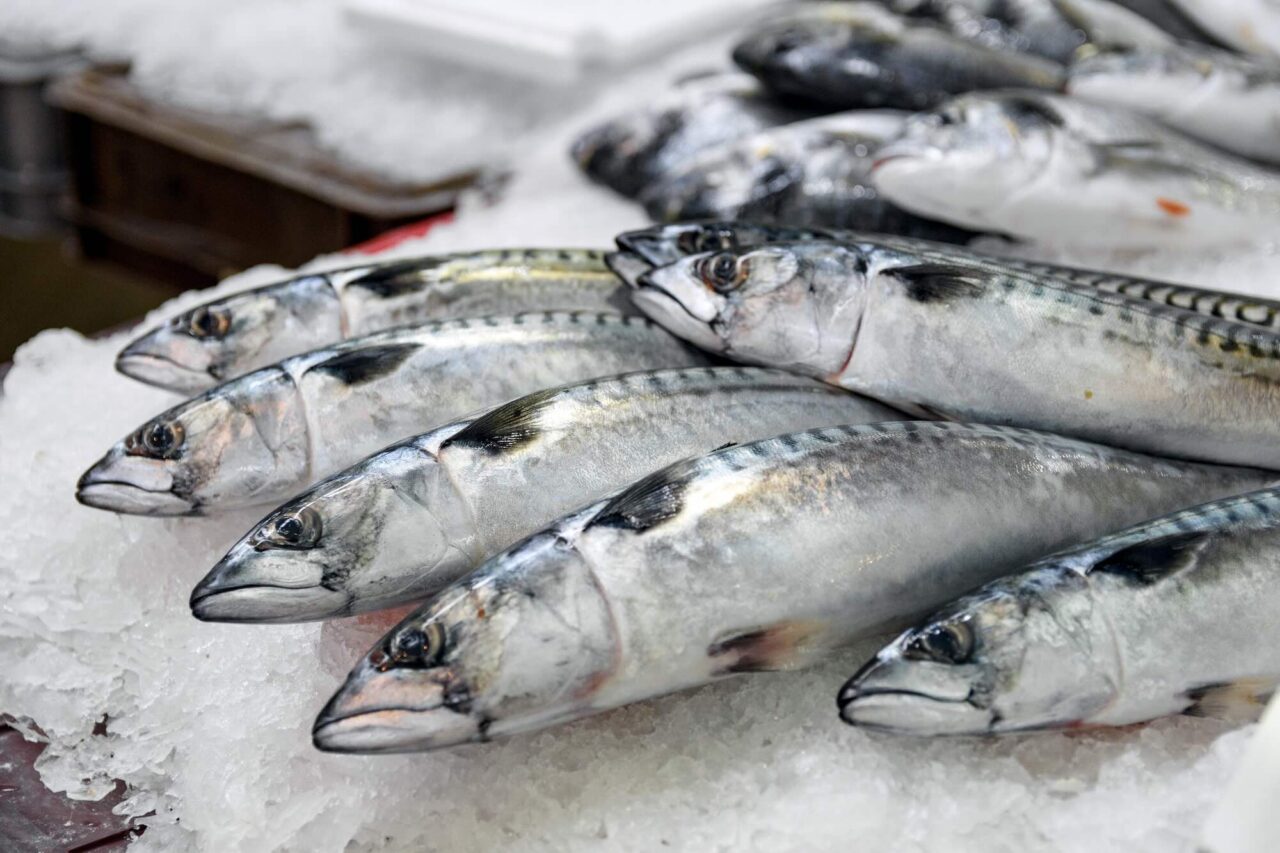
The UK's Blue Marine Foundation, a marine charity, is taking the UK to court for allowing overfishing in British waters. And above all, that it happens opposite to the levels that science says is possible to raise.
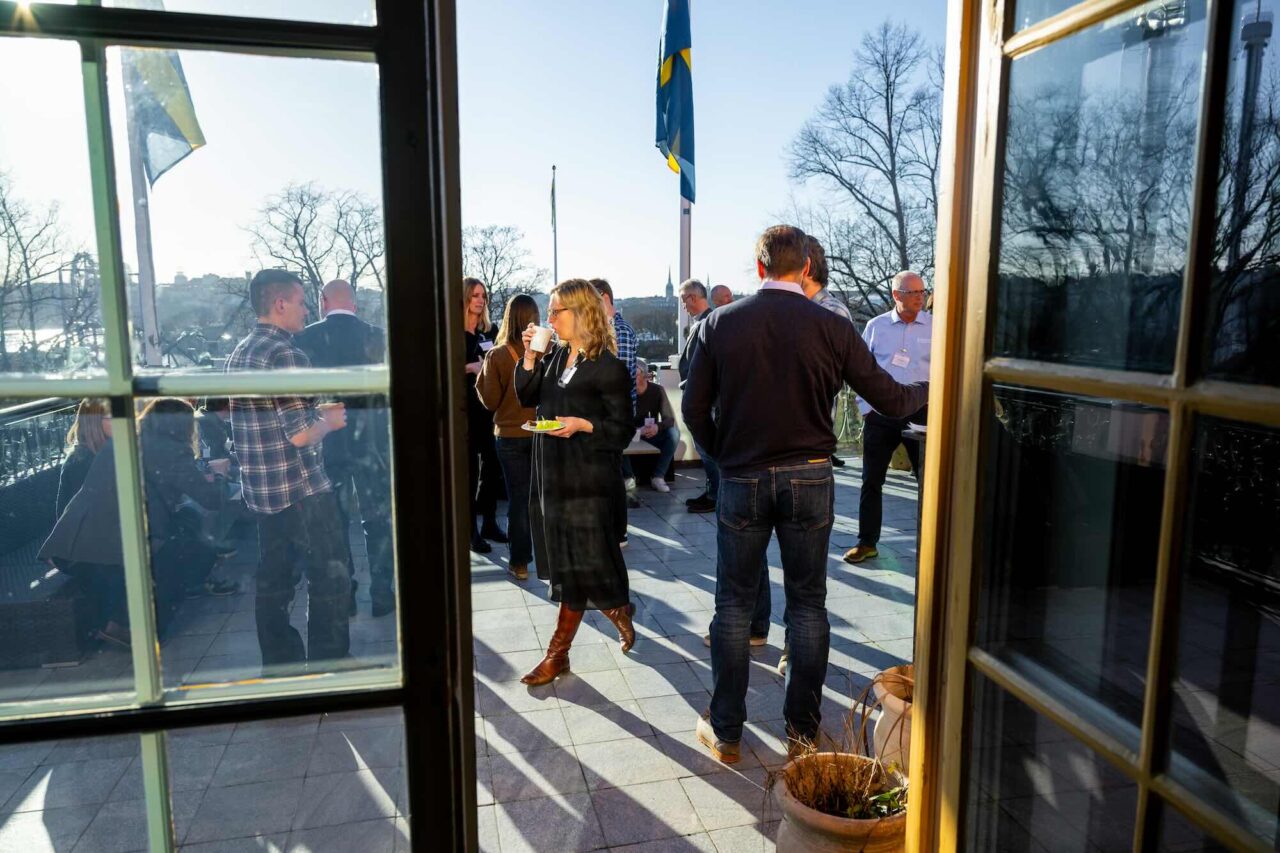
The conflicts within Swedish fishing are very fierce. Small-scale coastal fishermen on the east and south coasts face a small number of giant trawlers from the West Coast. I was looking forward to tough discussions and fruitful exchanges at this year's Fishing Forum. But met with pleasant company in a luxurious mingling environment.
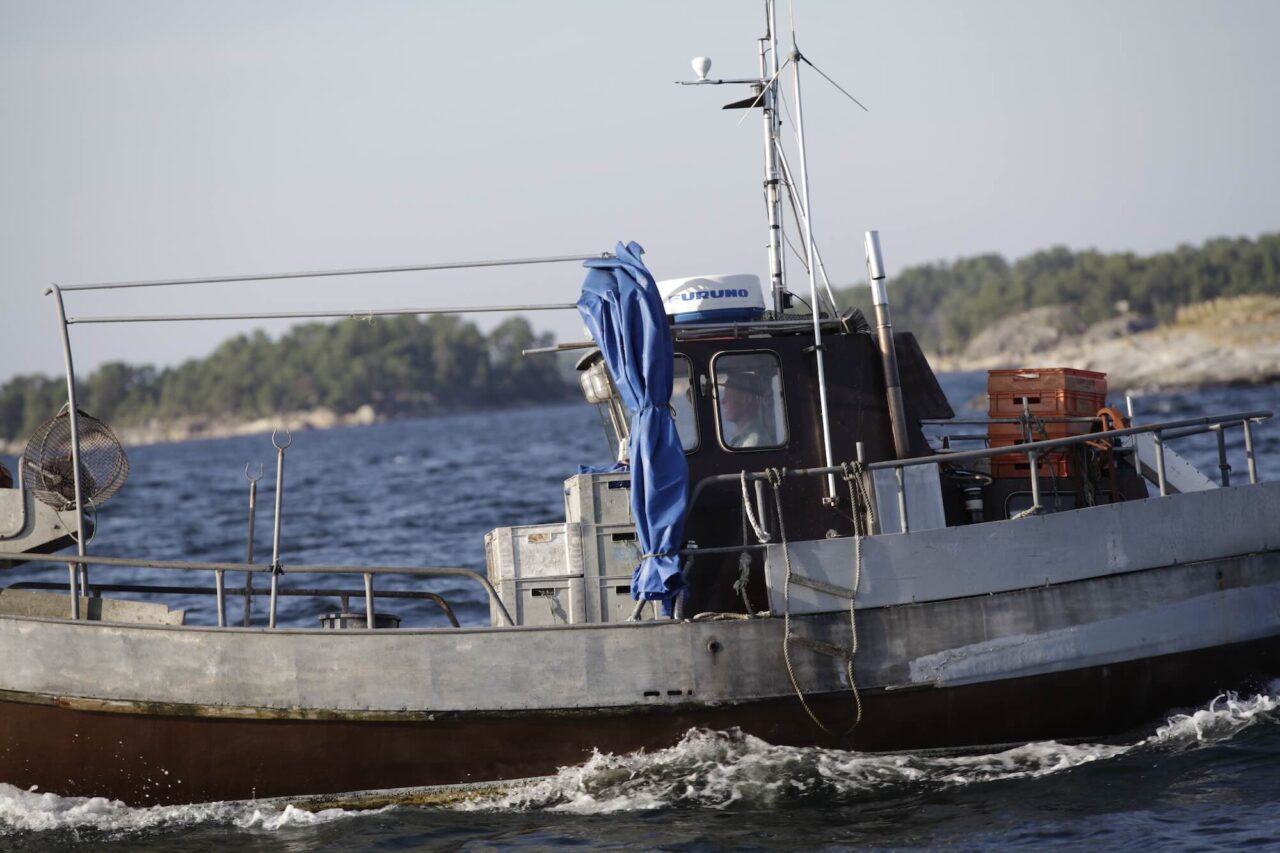
Humanity has always sourced food from the sea. And fishing is an ancient way of doing so that can be traced back to the early Stone Age around 40,000 years ago. In the last 100 years, fish stocks have dramatically declined in the Western Sea and the Baltic Sea. And in most cases, overfishing is considered to be the major cause.
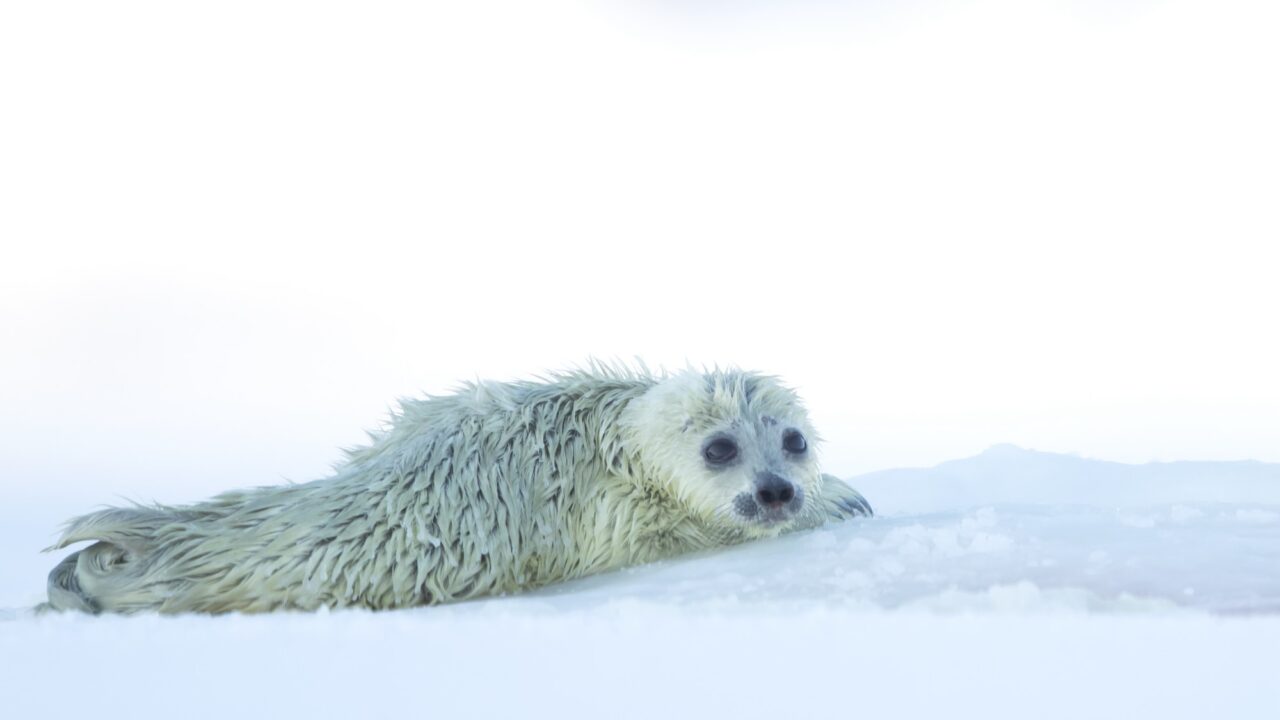
Ringed seal pups become homeless as the Baltic Sea's ice shrinks. Now it is being tested to build caves out of plastic and plywood to make the cubs survive in an increasingly hot climate.
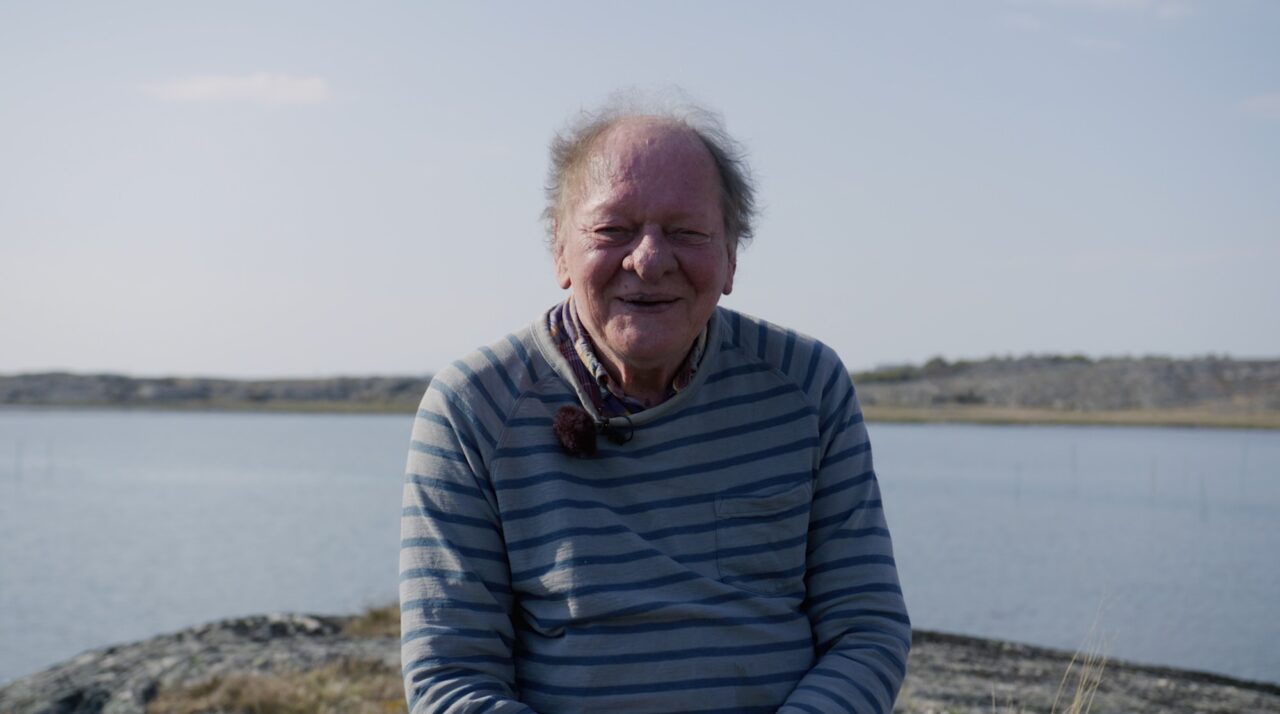
We asked Tero Härkönen, who has researched seals since the 1970s, three questions. Is it the seal's fault that the fish disappear? Is the seal doing something wrong? How important is the seal to the ecosystem?
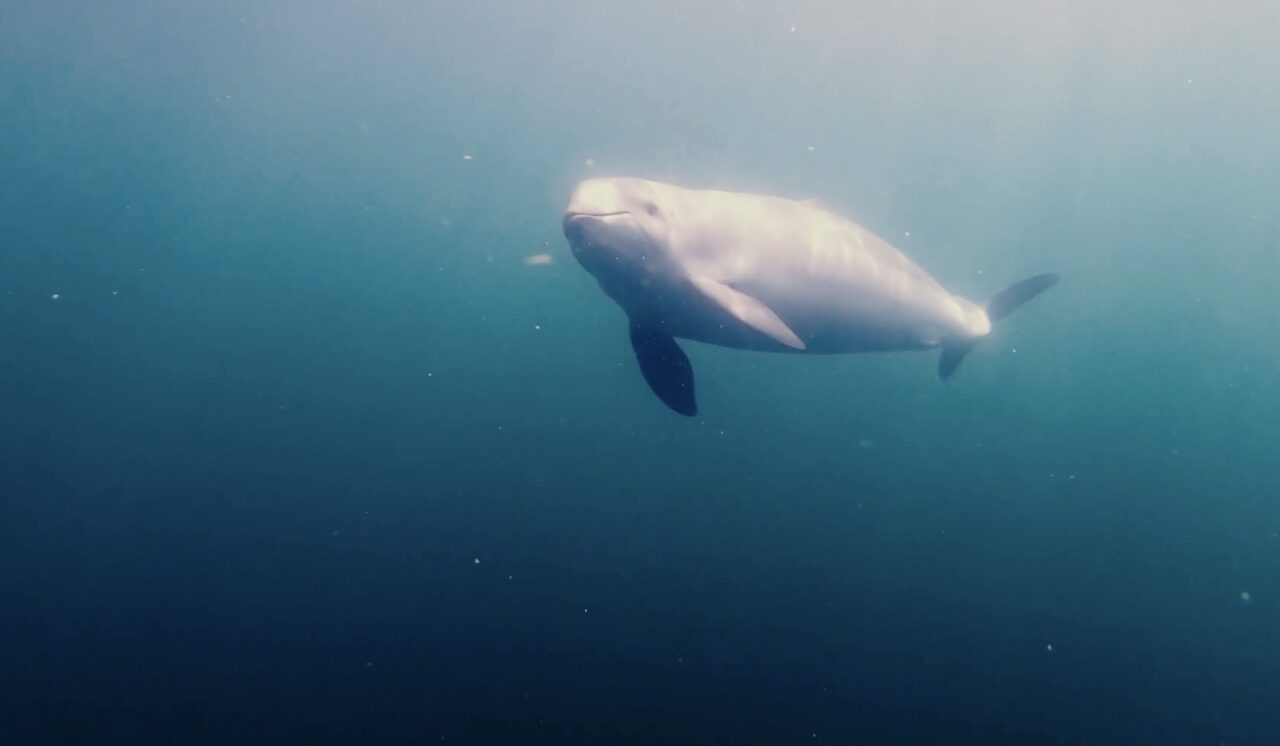
Seal populations rebound after hunting ban and environmental efforts, sparking debate between conservation needs and the impact on fishing. Dive into the story.
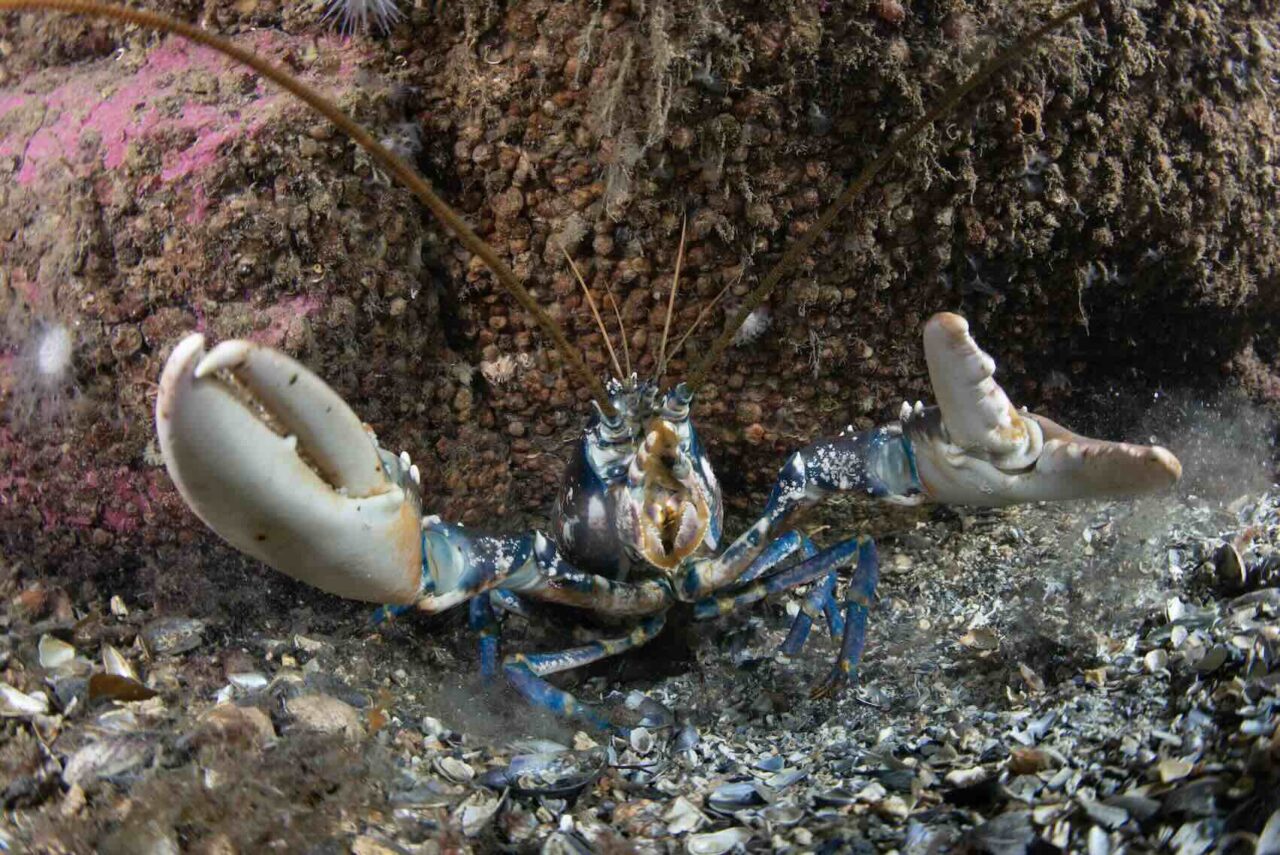
In 2023, relatively many lobsters were caught in the Swedish and Norwegian waters, but this was not because the number of lobsters has increased, on the contrary.
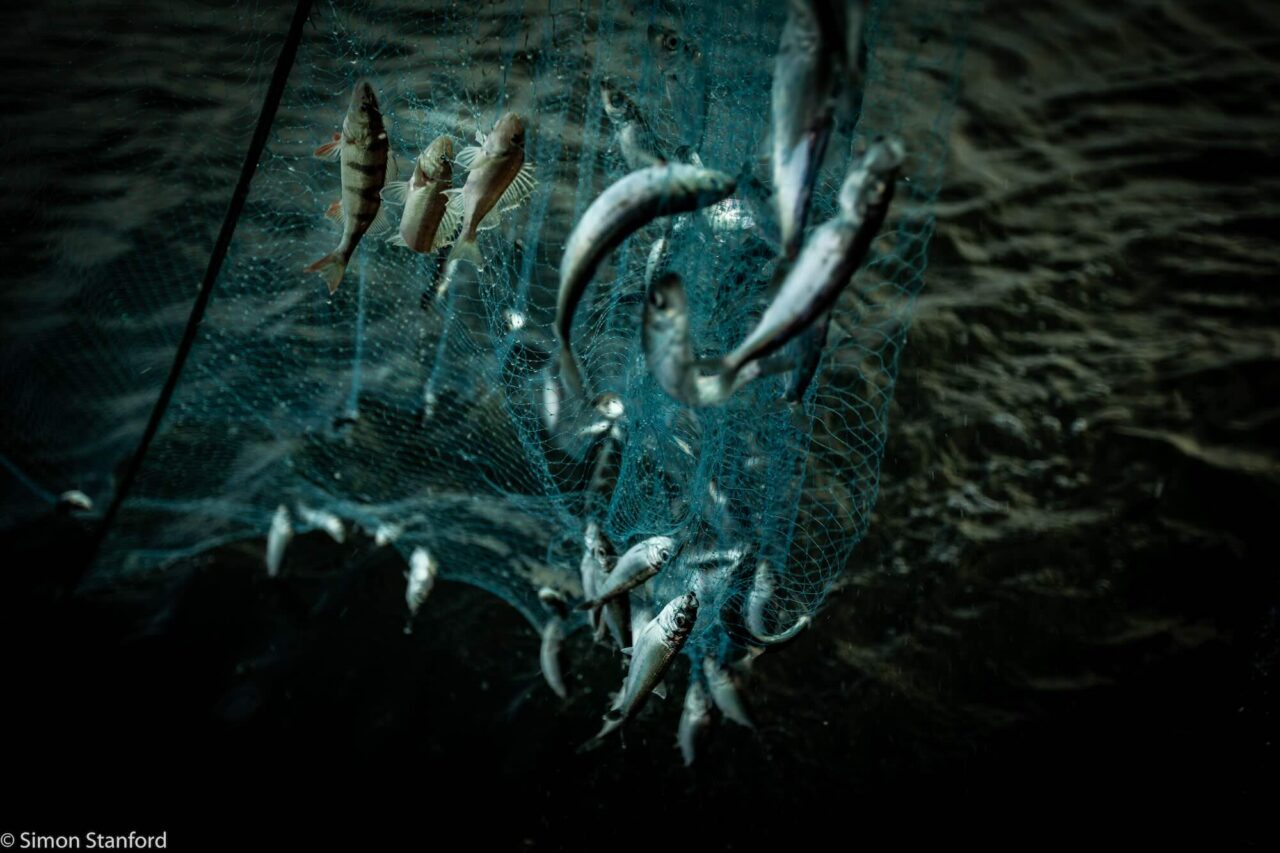
Deep Sea's attention-grabbing film "The Power of the Sea" has set the debate about large-scale fishing in the Baltic Sea in high gear. In the days after Sunday's premiere on SVT, politicians, researchers, and environmental organizations have condemned the EU Council of Ministers and Sweden's Minister of Fisheries. The debaters claim that the ministers' decision, which is against the EU's fisheries law, threatens the herring in the Baltic Sea.
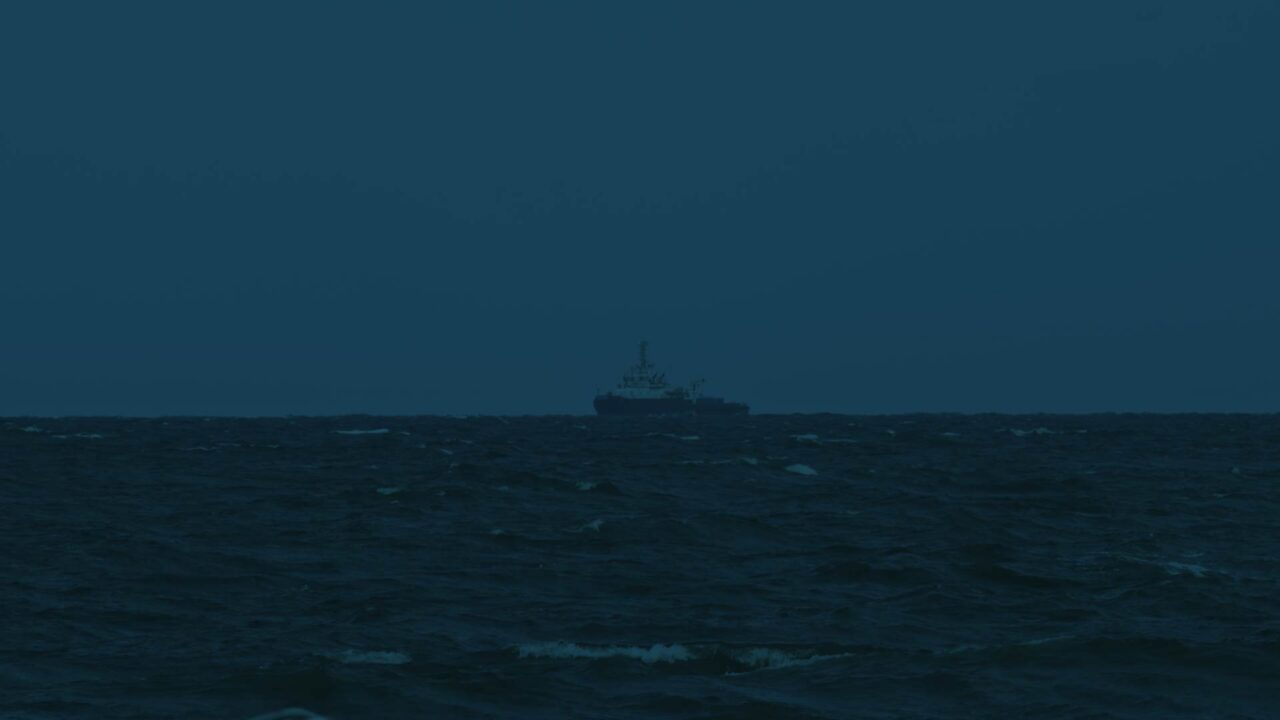
In a report from 2020, published by BalticSea2020, the authors believe that large-scale fishing in the Baltic Sea is neither economically nor financially profitable for the state. On the contrary, it costs us all big money.
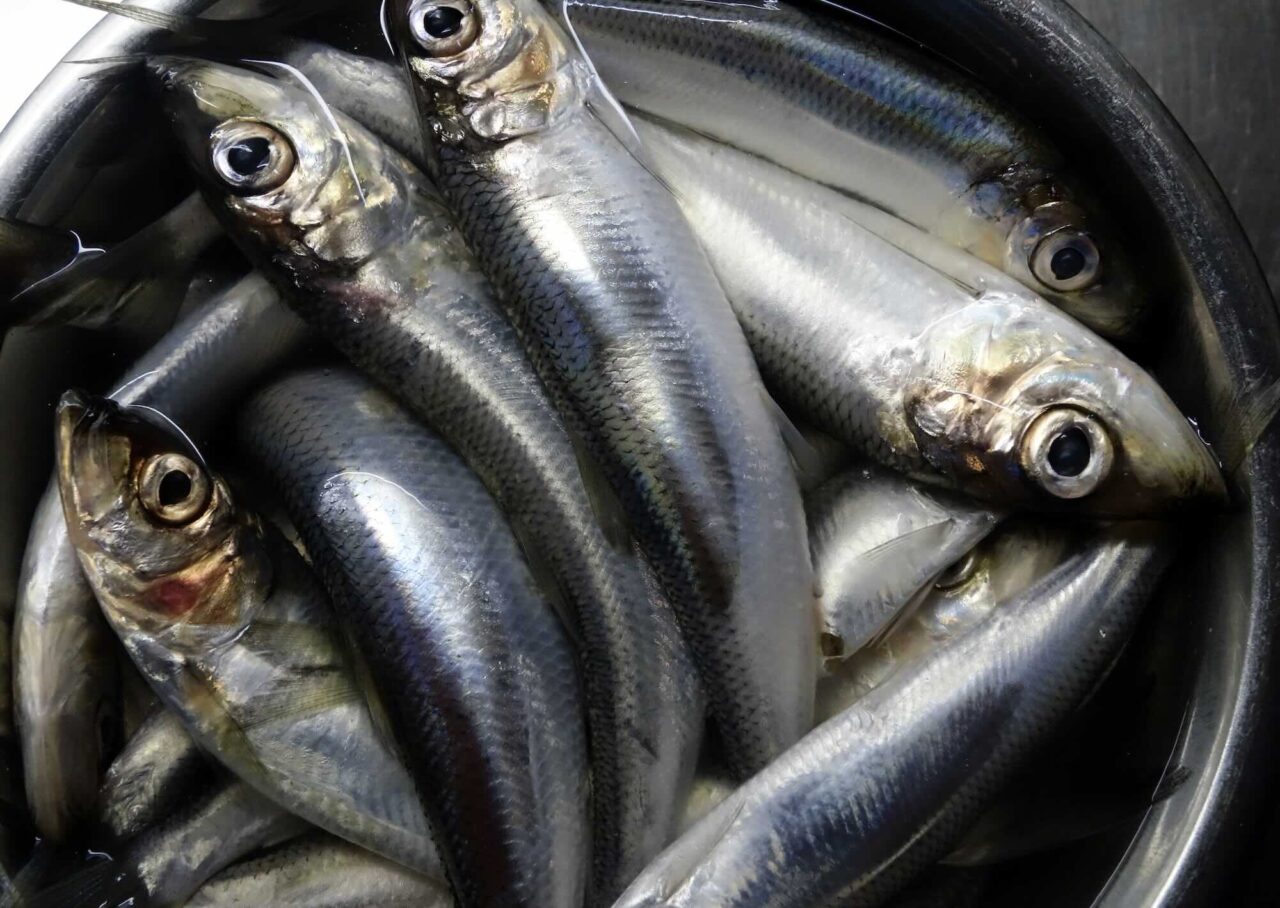
Attempts to change fishing rules after the fact are rejected by the EU Parliament. Now L wants the government to "step up" the protection of the stream - despite the government's satisfied expression on this year's quota decision.
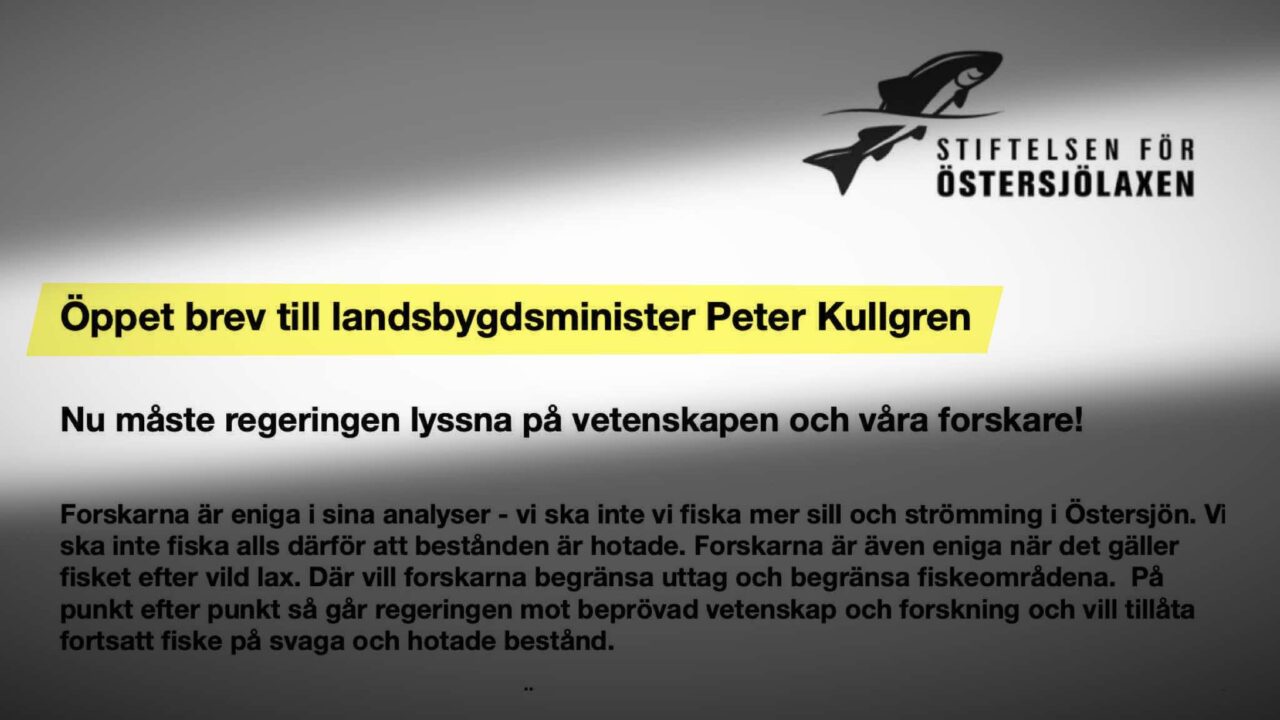
Axel Wenblad, is former director general at the Swedish Fisheries Agency. He was interviewed in Peter Löfgren's latest documentary "Power over the sea". After the film, he got angry and wrote an open letter to Minister for Rural Affairs Peter Kullgren. This is the letter;

In Brussels there are at least 30,000 lobbyists to influence the political decisions. Many of them work for the fishing industry, to ensure that the Council of Ministers makes decisions that favor industrial fishing. And scientists who have a dissenting opinion are intimidated into silence, according to fisheries researcher Reiner Froese.
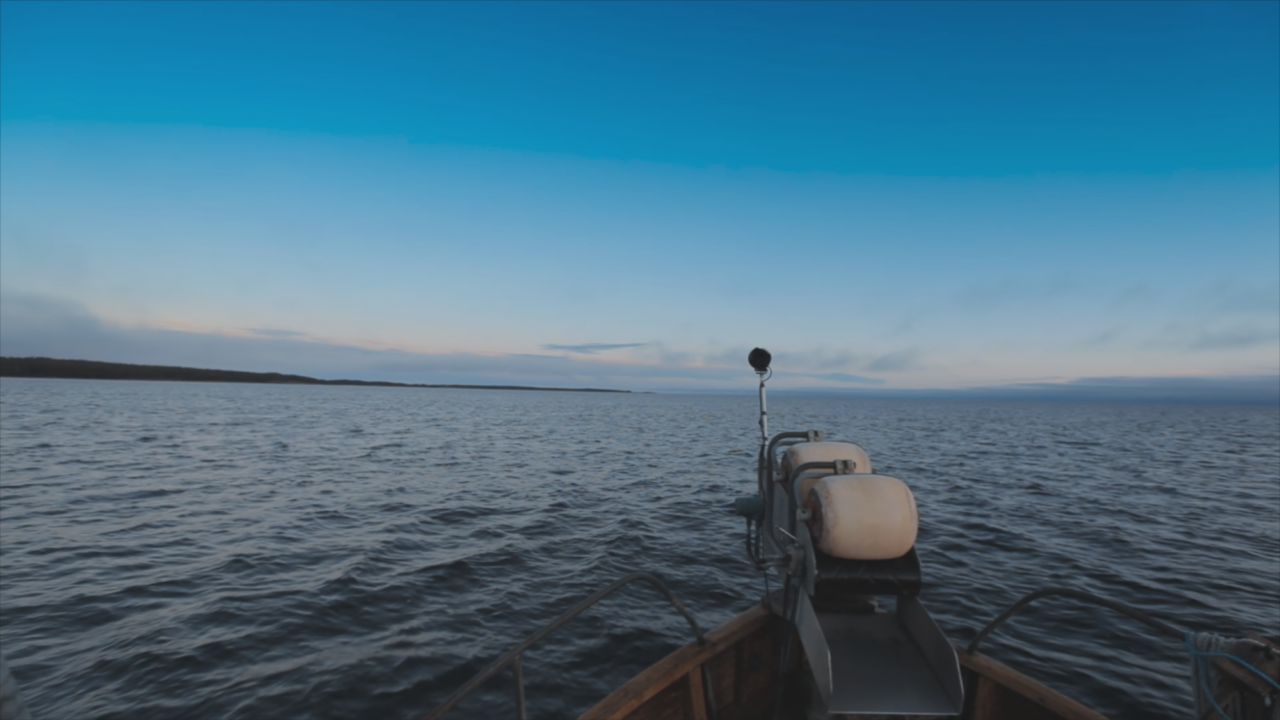
The EU's highest court rules that the Council of Ministers breaks the law when it decides on overfishing of "target species", stocks that fishing is directly aimed at. But at the same time, the court gives the ministers the right to "flexibility" in terms of bycatch.

All citizens want fish-rich, healthy seas. The EU is governed democratically. So why are the EU's seas fished out and on the brink of ecological collapse? The decisions are made in closed rooms, beyond democratic control.

EU fisheries ministers exclude the public. The countries' mutual positions are kept secret. We citizens are not allowed to influence the decisions that are decisive for the ocean and the planet. The fishing quotas are set over a couple of hectic days and usually exceed the advice of science. Deep Sea Reporter has exclusively interviewed the EU's own Ombudsman Emily O'Reilly, who condemns the lack of transparency…